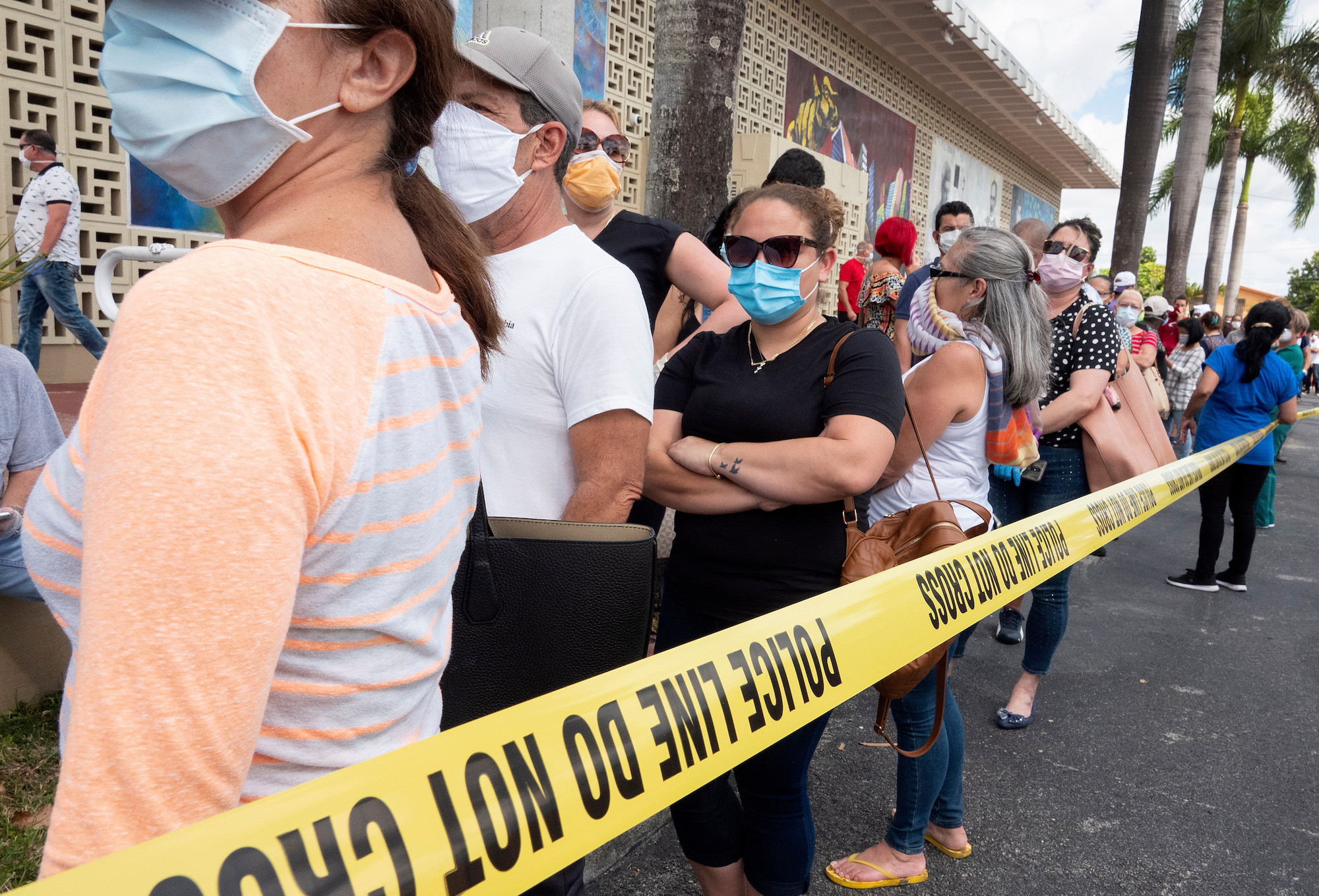
We’re back in 2008, 26 million Americans have now filed for unemployment
The novel coronavirus has eliminated all the job gains since the U.S.’s last great recession 12 years ago and then some.
Despite three stimulus bills addressing the financial needs of different parts of the economy, it still tanked in the face of the COVID-19 shutdown.
This week, 4.4 million more Americans filed for unemployment, bringing the total number of filings to more than 26 million since coronavirus quarantines began in the country back at the beginning of March.
Since 2010, the year the economy started growing again in the aftermath of the 2008 recession, approximately 22 million jobs had been created in the U.S.
In a little more than a month, the shutdown necessitated by the coronavirus pandemic has wiped out the decade of growth and then some.
The second stimulus bill, a $2 trillion injection of money, with $350 billion for small businesses to protect jobs through a Paycheck Protection Program ran out of funds before the most recent unemployment filings report.
Beyond more stimulus bills like it, the only thing many business owners can do in the climate is hope to ride it out and survive until the government reopens society.
The White House has released a guideline to reopening the country, but it ultimately puts the final decision in the hands of the governors.
RELATED CONTENT
Some have decided to set a hard date for all businesses to open, while others have tiered approaches.
In Georgia, Governor Brian Kemp — who was late to implement any type of quarantine — started the initial process to reopen businesses in the state on April 20.
Pennsylvania Governor Tom Wolf has partnered with Carnegie Mellon University to create a three-phased, color-coded reopening strategy. It is set for its first de-escalation in the state’s northwest and north-central on May 8. Other, harder-hit parts of the state do not have a timetable yet and are likely more than a couple weeks out from leaving the red phase of the plan.
Both PA and Georgia are within the top 15 in the U.S. in infections.
At the end of the day, testing, while becoming more available, still lacks in parts of the country. Its shortage makes it difficult for any timetable to be set in harder-hit states.
The overwhelming amount of filings has also caused computer systems in a couple states to crash.
Florida, which has so far only paid out 14% of its unemployment filings, has cited a backlog of hundreds of thousands of filings and New York Governor Andrew Cuomo said his state’s website had “collapsed.”











LEAVE A COMMENT:
Join the discussion! Leave a comment.